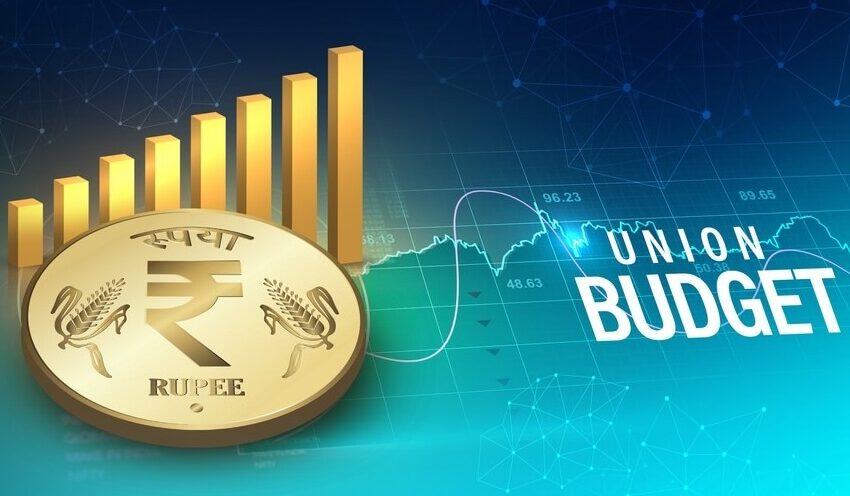UNION BUDGET 2025-26: HOSPITALITY INDUSTRY EXPECTATIONS

Team L&M
Life & More speaks to stakeholders in hospitality industry on their expectations from the forthcoming Union Budget.
Kulpreet Kaur, Director (Sales & Marketing), Hyatt Centric MG Road Bangalore
I am optimistic about the forthcoming Union Budget 2025-26 and its potential to significantly impact the hospitality sector. Granting industry status to hospitality would be a transformative move, acknowledging our substantial contribution to the GDP and employment generation. This recognition would facilitate easier access to financing and attract increased investments, propelling the industry toward sustained growth.
A reduction in the Goods and Services Tax (GST) is another pivotal reform we anticipate. Lowering GST rates would enhance the sector’s competitiveness, making India a more attractive destination for both domestic and international tourists. This change is expected to stimulate demand, encourage higher spending, and ultimately lead to job creation and economic development. Notably, the hospitality sector has advocated for zero GST or a refund of GST collected from foreign guests to boost tourism and create jobs.
Investment in infrastructure development is crucial for attracting global events and tourists. By building world-class facilities capable of hosting international concerts and conventions, we can position India as a premier global tourism hub. Such developments would not only draw visitors but also stimulate local economies and create employment opportunities.
In summary, we are hopeful that the Union Budget 2025-26 will introduce these strategic measures, fostering an environment where the hospitality sector can thrive and continue to contribute significantly to India’s economic landscape.
Balaji M, CEO, Clarks Exotica Convention Resort and Spa
As we approach the Union Budget, there is an opportunity to refine policies that can further boost India’s tourism and hospitality sector. One key area is the GST rate on hotel stays, which currently stands at 18%. While this rate aligns with global standards in some respects, it inadvertently makes domestic travel less competitive, encouraging more Indians to travel abroad. A relook at this structure could significantly enhance the affordability and appeal of domestic tourism.
Additionally, India’s Meetings, Incentives, Conferences, and Exhibitions (MICE) sector holds immense potential but is hindered by GST charges on events. Exempting MICE events from GST or offering incentives for domestic and international organizers to host events here can position India as a global leader in this space.
Promoting hyper-local tourism is another area where concerted efforts could yield excellent results. Initiatives such as highlighting unique regional experiences, like Karnataka’s coffee trails, Kerala’s houseboat getaways, or Rajasthan’s rural village stays, can create awareness and encourage exploration. These experiences not only attract visitors but also provide economic opportunities for local communities.
Finally, increased budget allocation for marketing India’s rich cultural and natural heritage to global audiences can drive inbound travel. Campaigns similar to ‘Incredible India,’ but with a sharper focus on the diversity of hyper-local offerings, could inspire both international and domestic travelers.
We’re confident that thoughtful policy changes in the upcoming budget can further strengthen India’s position as a preferred travel destination while fostering sustainable growth for the tourism and hospitality industry.
Rama Mahendru, Country General Manager- India, Intrepid Travel
As we step into 2025, India’s inbound and adventure tourism sector holds immense promise, driven by growing demand for meaningful and sustainable experiences. The Union Budget 2025-26 must underscore tourism’s transformative potential by prioritizing infrastructure development, sustainable practices, and initiatives like new adventure tourism circuits and community training. With enhanced campaigns promoting India as a premier destination, we can strengthen the industry, create jobs, and position our nation as a top global choice for adventure and cultural tourism.

